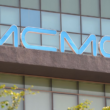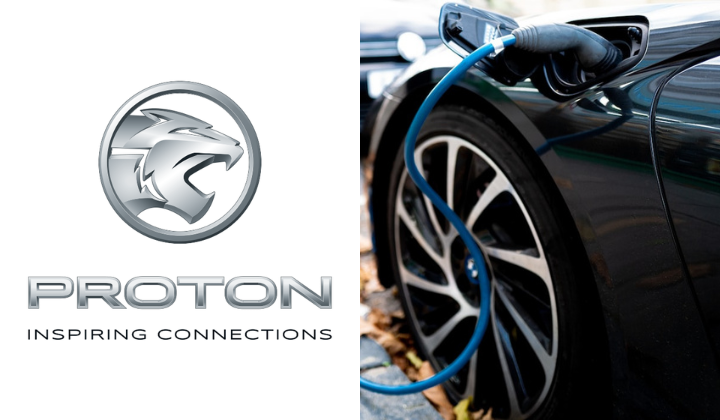The nation car company was established in July 1985 and it is now 37 years old. Did you know Proton is actually an acronym for Perusahaan Otomobil Nasional (National Automobile Company)? All these years, the company has only produced petrol-powered cars, but with the world moving towards electric vehicles (EV), Proton has to follow the trend as well.
The Edge Markets reported that Proton plans to launch and produce its own EV by 2027. According to deputy chief executive officer Roslan Abdullah, they have been in talks with potential partners to start the venture. He noted that Proton could not simply start producing EVs without first learning how to sell and market the vehicles.
According to him, Proton began developing an EVs road plan ten years ago, but owing to weak market and technological demand, it was abandoned.
The next five years (until 2027) will give us ample time to determine which technology is most acceptable, easy to maintain, and affordable for consumers and us.
The collaboration with Smart Automobile and distribution of smart cars will teach us how to assemble EVs locally, and give us experience and knowledge of the assembly process.
Proton, deputy chief executive officer, Roslan Abdullah.
Proton would collaborate with Smart Automobile Co Ltd as the latter’s distributor in Malaysia and Thailand before developing its own EV, according to Roslan, who said this would give Proton greater experience.
Zhejiang Geely Holding Group Co Ltd. and Mercedes-Benz AG founded Smart Automobile together.
Roslan said if there’s stronger government backing, improved industry preparation, and a shift in consumer preference toward EVs, the challenges of getting new energy vehicles (NEVs) into the Malaysia market would be gone.
He said that year-to-date NEV sales had climbed by 3.4%, or 13,800 units, with hybrid EVs outpacing battery-powered EVs in terms of popularity.
There are major challenges to overcome, requiring time and collective effort. These challenges include Malaysia not having many affordable EVs, slow consumer adoption, lack of clarity of EV charging infrastructure development, talent development in the EV segment, and lack of investment in related technologies.
Proton, deputy chief executive officer, Roslan Abdullah.
Roslan said if there is stronger government backing, improved industry preparation, and a shift in consumer preference toward EVs, there would be no challenges of getting new energy vehicles (NEVs) into the Malaysian market.
According to Paultan, by 2040, Malaysia wants to increase its share of the EV market to 38%. But we first need to overcome four challenges: price and expenditure of EV, infrastructure, government policies, and support industries.










